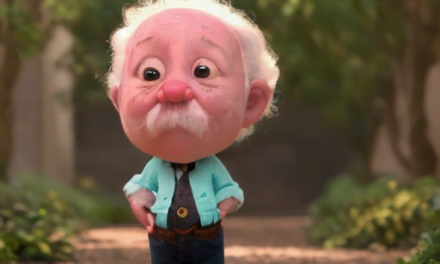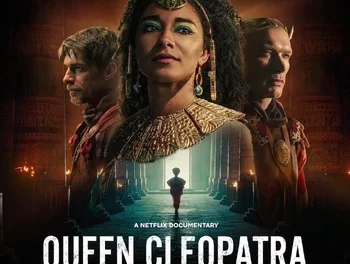Film Review: Imitation of Life (1934)
Hi, my name is Joey from Brego.com, and today I’m reviewing the 1934 film Imitation of Life, directed by John M. Stahl and starring Claudette Colbert, Louise Beavers, and Fredi Washington. Based on Fannie Hurst’s novel of the same name, this film captures a complex intersection of race, gender, and societal norms in a deeply segregated America.
Historical Context
To fully appreciate this film, it’s important to understand the United States in 1934. This was a time marked by the Great Depression, the Great Migration, and the aftermath of the Jim Crow South. Only seven years earlier, the Ku Klux Klan marched en masse in Washington, D.C., and lynchings were rampant across the nation. Globally, Hitler had seized power in Germany that same year. These were years of systemic oppression and unrest, and Imitation of Life reflects these harsh realities.
Fannie Hurst drew inspiration for her novel during a train trip through Canada with her friend, Zora Neale Hurston, a Black writer and cultural anthropologist. Hurst was a successful author who often explored themes of female economic empowerment and racial identity, both of which take center stage in Imitation of Life.
Plot and Themes
The story follows two widows—one White (Claudette Colbert) and one Black (Louise Beavers)—each raising a daughter. The women form an unlikely friendship, navigating their shared struggles while contending with the harsh realities of race and privilege.
While many critiques of the film focus on Louise Beavers’ portrayal as a stereotypical “mammy” figure, it’s vital to understand the cultural and economic constraints that forced such roles upon Black women at the time. Beavers transforms what could have been a one-dimensional caricature into a powerful, nuanced character full of dignity and resilience. Her performance transcends the stereotype, making her the emotional heart of the film.
A Transformative Moment
One of the film’s most pivotal scenes occurs when Beavers’ character, Delilah, confronts her daughter Peola (Fredi Washington), who chooses to pass as White and asks her mother to disown her publicly. Delilah’s response is gut-wrenching:
“I’m your mammy, child. I ain’t no White mother! It’s too much to ask of me! I ain’t got the spiritual strength to meet it. I can’t hang on no cross. You can’t ask me to unborn my own child.”
This moment dismantles the racial artifice of the era, elevating Delilah’s character to one of equal humanity and maternal love. The inclusion of this line, despite the potential risks to the studio, the director, and the cast, underscores the film’s bravery in challenging societal norms.
Peola’s Choice and Self-Determination
Peola’s decision to pass for White highlights the complexities of racial identity. As someone who appears White but is rejected for being both Black and White, Peola’s choice is deeply personal and carries a heavy cost: the loss of her mother. Her journey reflects themes of self-determination and the painful sacrifices individuals make in pursuit of autonomy.
Why Imitation of Life Matters
This film is about more than race—it’s about female empowerment, economic survival, and challenging the status quo. In a time when women’s independence and racial equality were virtually nonexistent, Imitation of Life dared to address these issues with empathy and sophistication.
The production values, from the fashion to the cinematography, are impeccable, emphasizing the universality of human experience. The film’s enduring legacy lies in its ability to evoke powerful emotions while forcing audiences to confront uncomfortable truths about society.
Final Thoughts
Imitation of Life (1934) remains one of the greatest classics in cinema history. Its courage in tackling sensitive topics during a tumultuous era makes it an essential watch. While there’s a 1959 remake, the original version’s raw authenticity and cultural significance make it the superior film. Watch it with an open mind, and you’ll discover a masterpiece that still resonates today.





